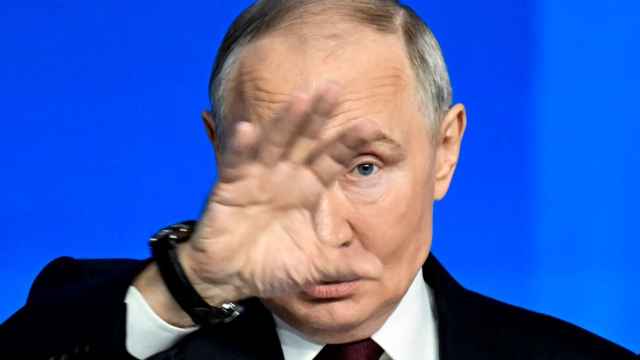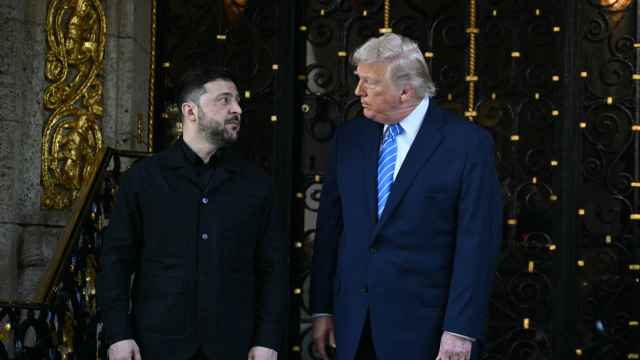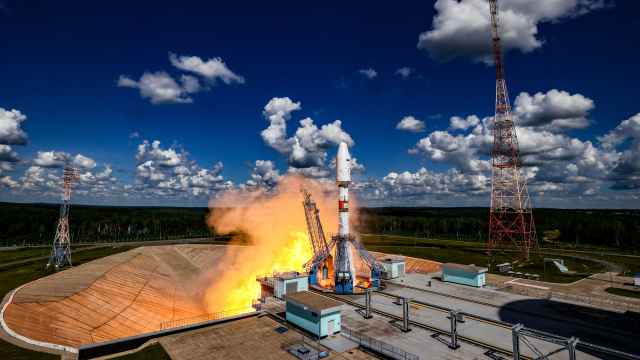Russian companies are increasingly looking to tap Africa's mineral wealth, as reserves in their home market become depleted and more expensive to extract, according to a study by the African Development Bank.
"Africa's underexploited mineral reserves, which account for about 30 percent of global resources, will be strategic complementaries to Russia's depleting natural-resource base," the lender, based in the Tunisian capital Tunis, said in an e-mailed copy of the study Monday. "The costs of exploration and production are much lower" in Africa than in Russia.
Companies such as Norilsk Nickel, Gazprom and Severstal already have operations in Africa. New investments may increasingly focus on the energy industry, with Africa accounting for about 9.7 percent of the world's 1.2 trillion barrels of proved oil reserves and about 7.8 percent of global gas deposits of 181.5 trillion cubic feet, the bank said.
India also wants to get more oil from Africa to reduce its reliance on the Middle East, which currently supplies 75 percent of its crude, the bank said in a separate report released Monday.
"India is increasingly engaging with African oil-producing countries, namely Nigeria, Sudan, Cote d'Ivoire, Equatorial Guinea, Ghana and Angola," it said.
The bank highlighted burgeoning economic ties between India and Africa, with annual two-way trade having grown to about $36 billion from about $1 billion in 1990.
"The soaring trade volumes reflect a positive trade balance for Africa, as it exports more goods to India than it imports," the bank said.
Founded in 1984, the African Development Bank is controlled by 53 African and 24 non-African countries.
A Message from The Moscow Times:
Dear readers,
We are facing unprecedented challenges. Russia's Prosecutor General's Office has designated The Moscow Times as an "undesirable" organization, criminalizing our work and putting our staff at risk of prosecution. This follows our earlier unjust labeling as a "foreign agent."
These actions are direct attempts to silence independent journalism in Russia. The authorities claim our work "discredits the decisions of the Russian leadership." We see things differently: we strive to provide accurate, unbiased reporting on Russia.
We, the journalists of The Moscow Times, refuse to be silenced. But to continue our work, we need your help.
Your support, no matter how small, makes a world of difference. If you can, please support us monthly starting from just $2. It's quick to set up, and every contribution makes a significant impact.
By supporting The Moscow Times, you're defending open, independent journalism in the face of repression. Thank you for standing with us.
Remind me later.





